Melissa Wen wins one of the Wells Award
Wells Award, given each year to high-achieving students in the Hajim School of Engineering and Applied Sciences who also excel in the humanities, as determined by highest GPAs at the end of their junior year.

The “Attitude-behavior” gap exists in online green purchasing. Redesigning e-commerce platforms can bridge the gap and promote sustainability. An effective and user-friendly concept design for showing eco-labels
READ MORE
Park is an online framework allowing individuals to perform neurological tests whenever and wherever they want. https://www.youtube.com/watch?v=O6vXA_vnPuw https://www.youtube.com/watch?v=Cui0fnR5WTM There are about 900,000 people with Parkinson’s disease (PD)
READ MORE
Have you ever not understood your doctor but were either too shy, too confused, or just didn’t know what to ask to get better clarification? https://www.youtube.com/watch?v=1QVXZo14pLw Advanced
READ MOREWells Award, given each year to high-achieving students in the Hajim School of Engineering and Applied Sciences who also excel in the humanities, as determined by highest GPAs at the end of their junior year.
We introduce a multimodal dataset, UR-FUNNY, and a sequence of algorithms to recognize humor from 1866 videos featuring 1,741 TED Talks.
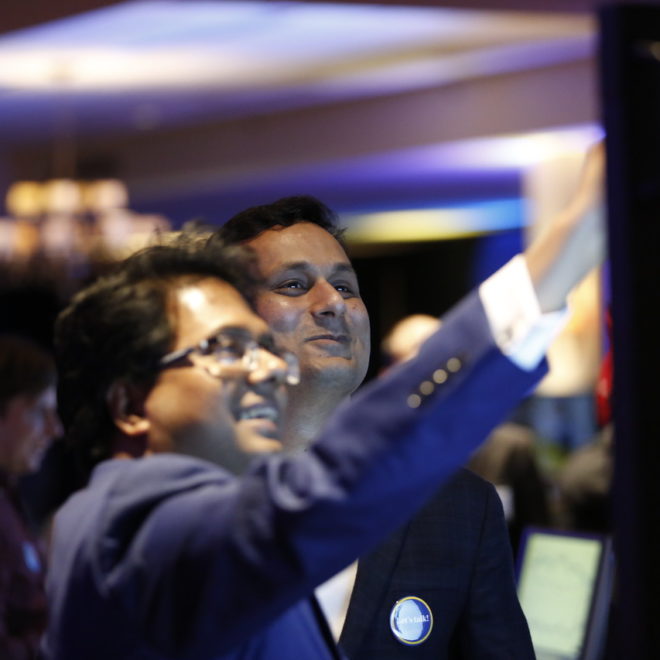
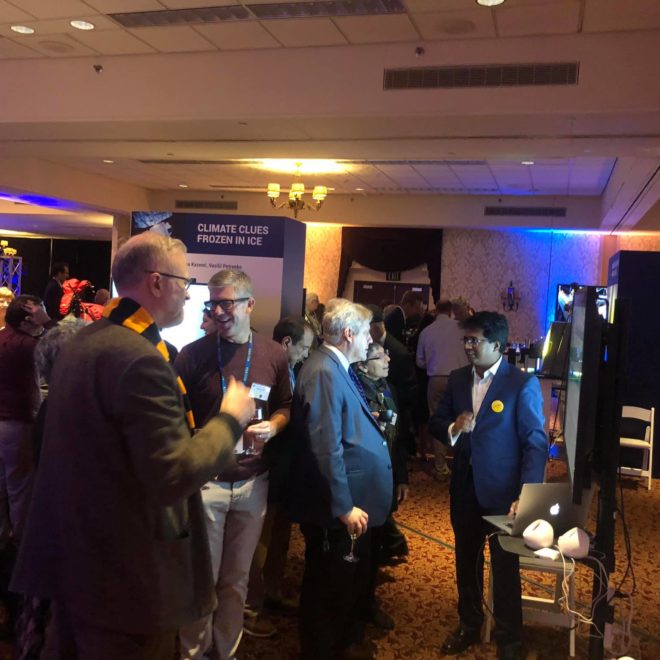
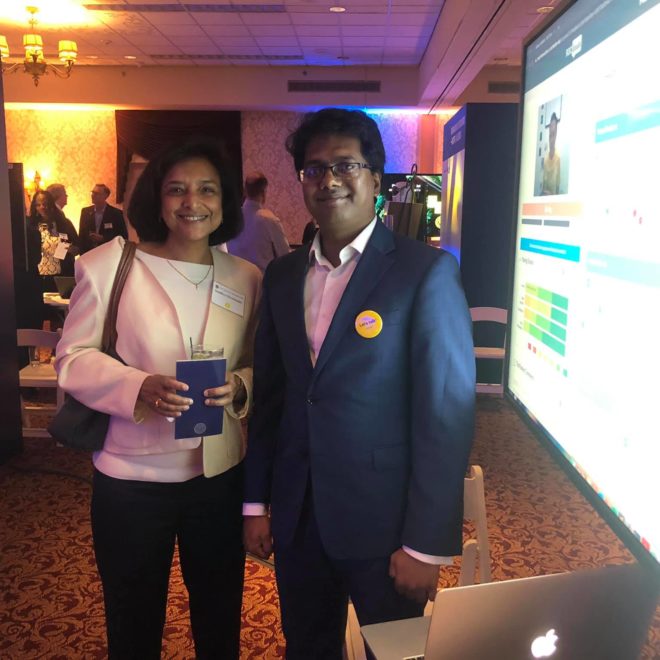
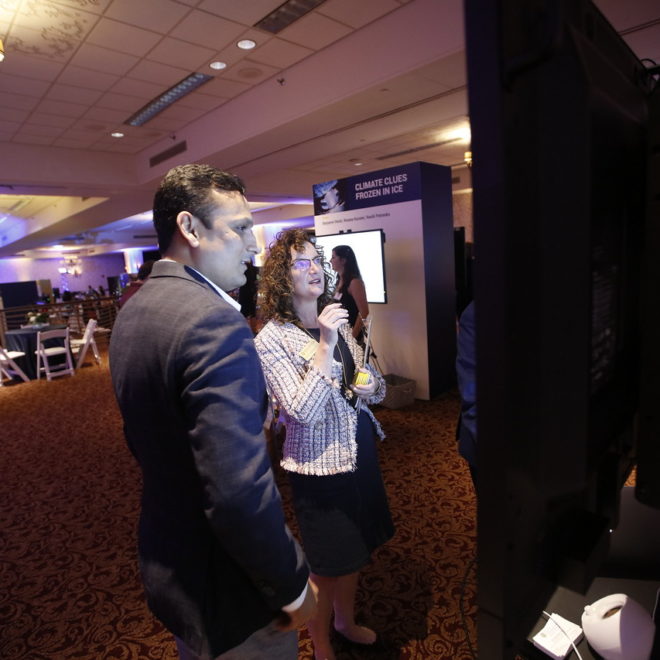
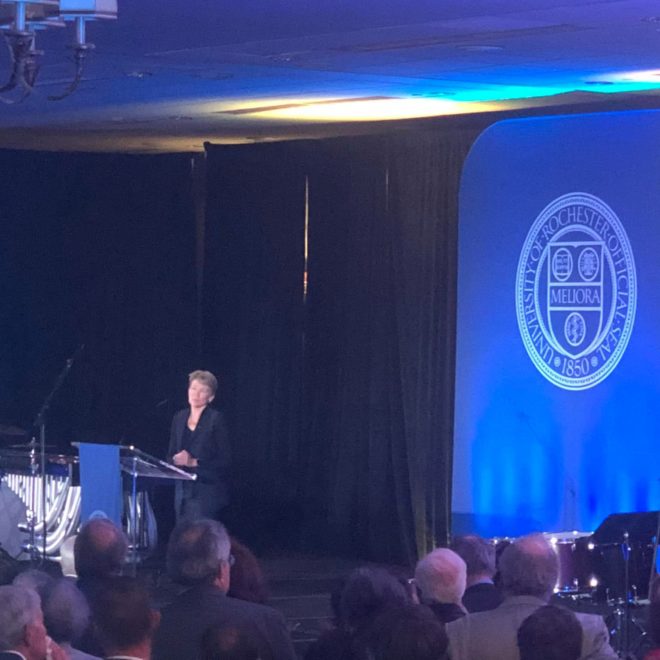
Researchers from ROC HCI were invited to demo representing the Hajim College of Engineering at the inaugural ceremony of Sarah Mangelsdorf, 11th president of the University of Rochester.
Henry Kautz noted that accuracy is “really only one dimension we care about in theory and in practice.” Others, he said, include how much energy is used, how much data is required and how much skilled human effort is needed for A.I. technology to work.
A $1.5 million grant from the National Science Foundation will provide additional impetus to a University of Rochester initiative applying augmented and virtual reality in health, education, product design, remote communication, entertainment, and other fields.
ROC HCI (Hoque) to collaborate with colleagues from Georgia Tech (Arriaga, Ploetz) and Emory Veterans (Sherill, Rothbaum) to develop automated predictions to deliver better therapeutic treatment and individualized feedback, and patients with better understanding of the progress.
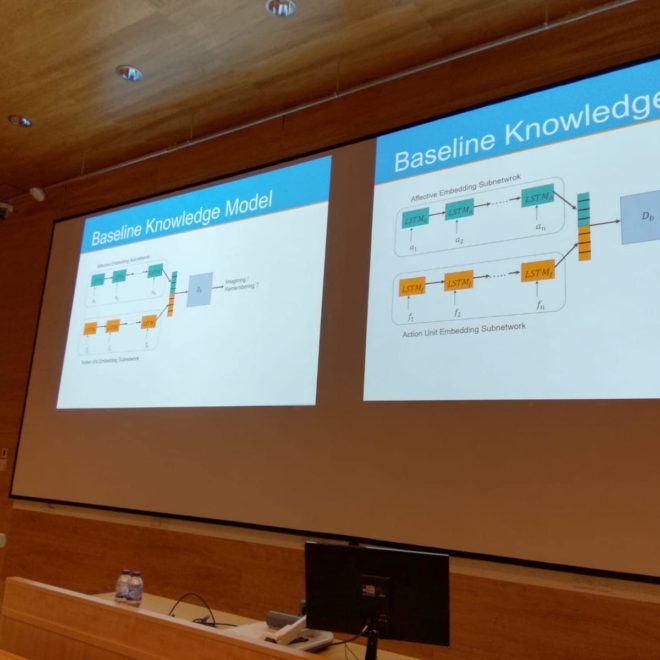
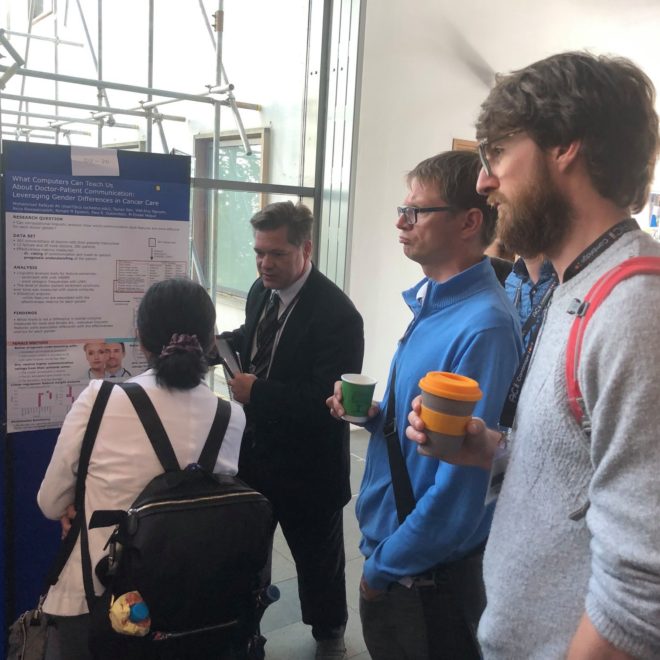
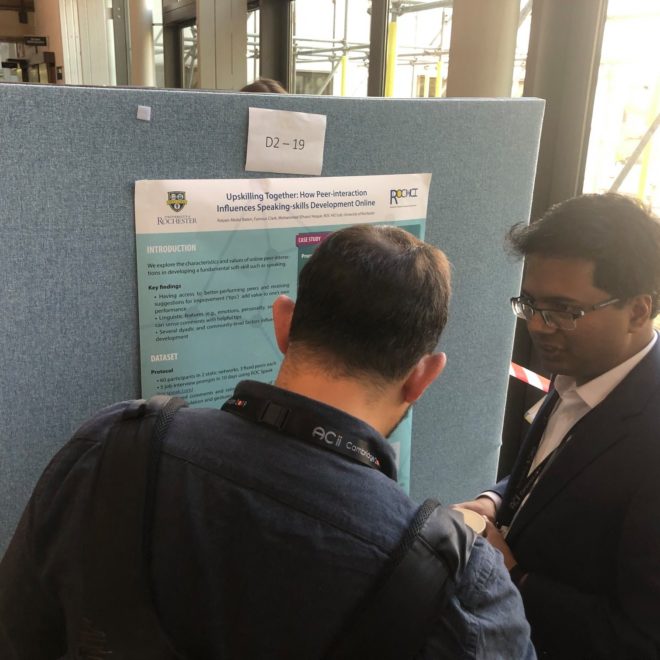
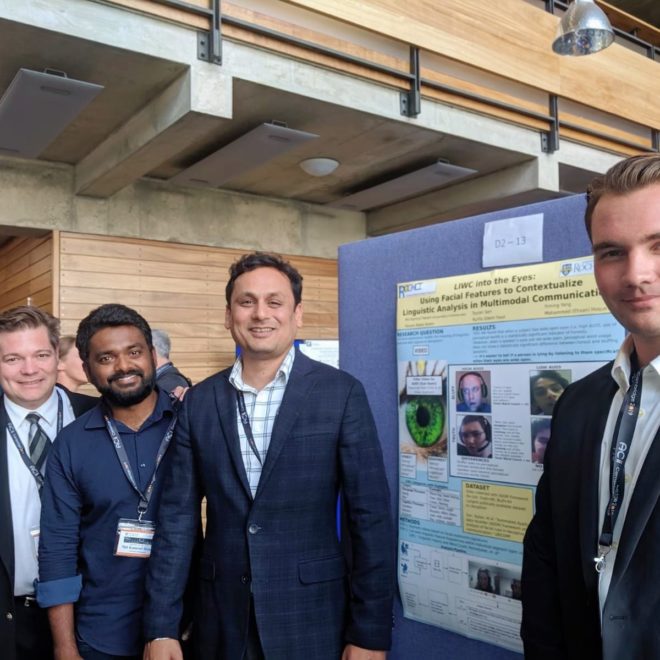
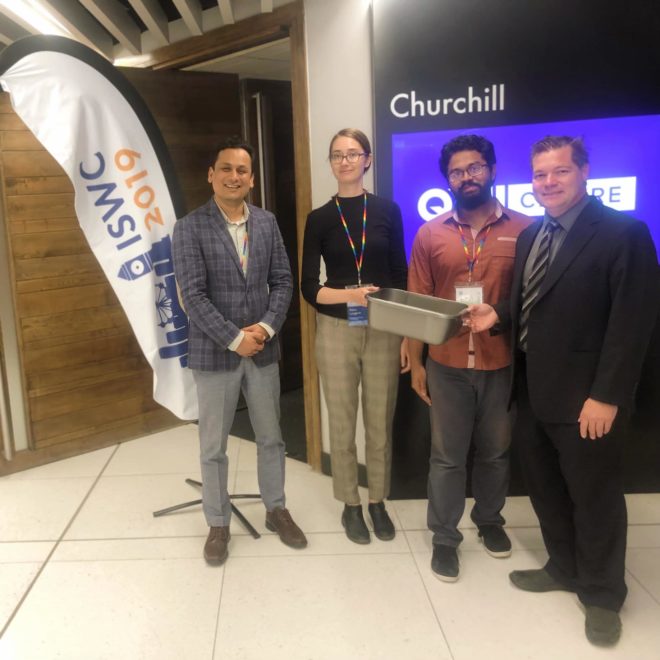
Researchers from the ROC-HCI lab attended two back-to-back conferences in the first half of September: ACII’19, held in Cambridge, and Ubicomp’19, in London.
Rizzo (USC), Iqbal (MSR), Pizzo (Stanford), and Kleinberg (Cornell) weigh in on the role of AI in developing the future workforce at the Microsoft Faculty Summit.
Final year Ph.D. student, Taylan Sen, collaborates with incoming Ph.D. student, Kurtis Haut, and wins the first place at the CASE challenge.
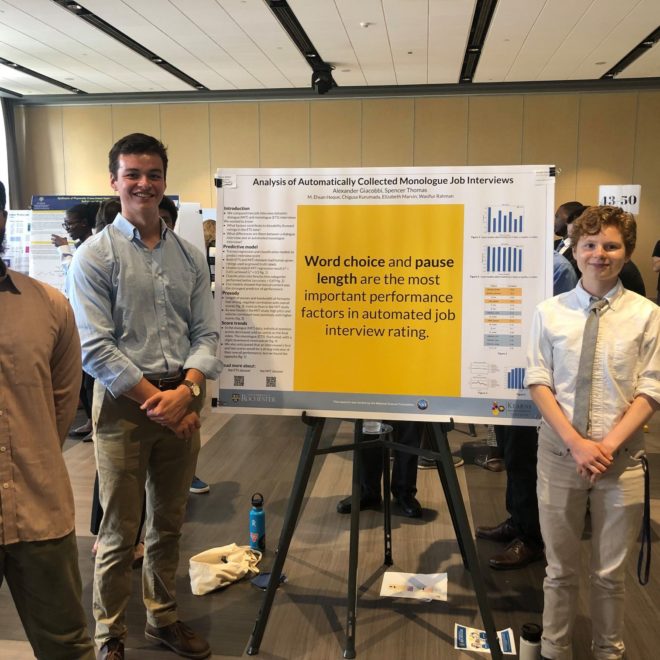
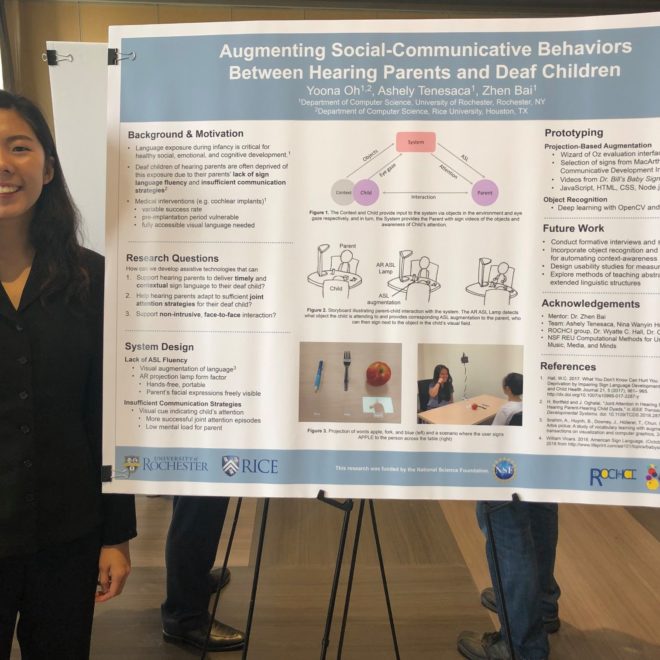
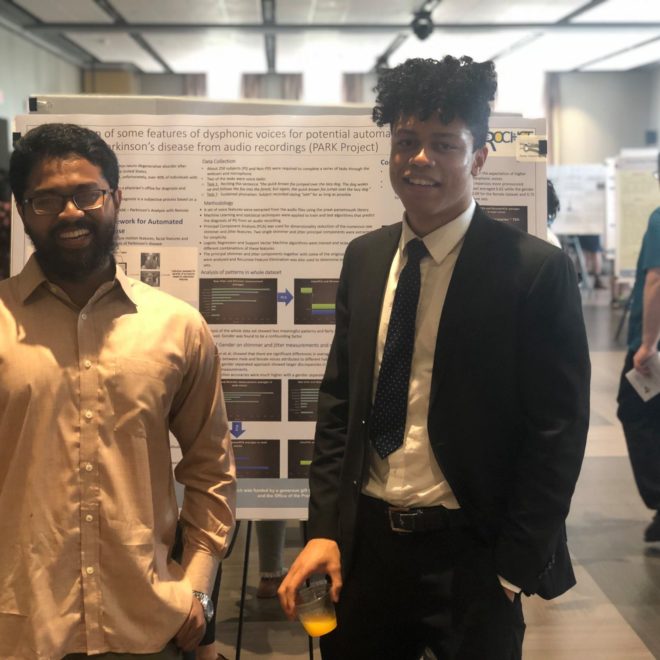
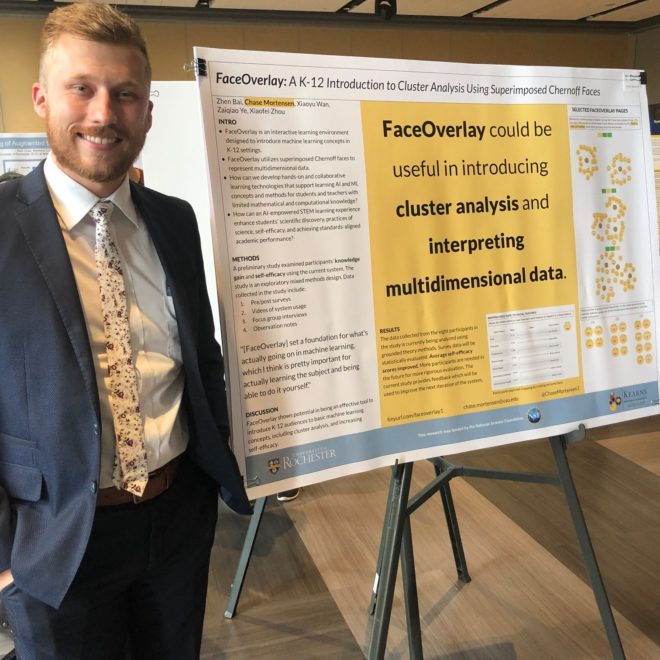
The range of work involved quantifying the movements of Parkinson’s symptoms to using AR/VR to help individuals learn sign language to better understand the impact of automated interview training and the subtle uses of emoji.
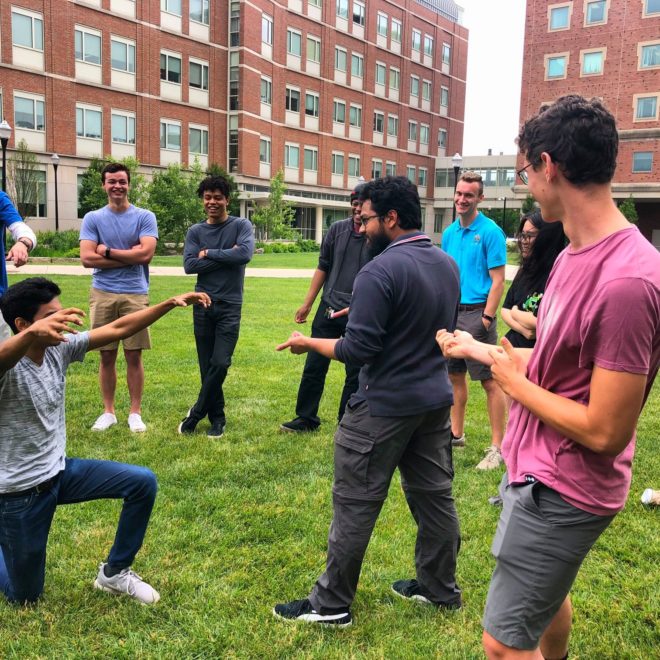
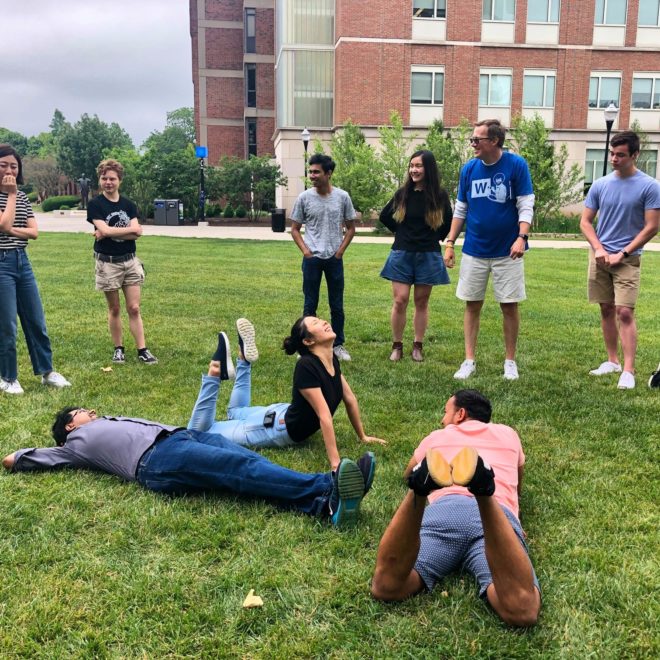
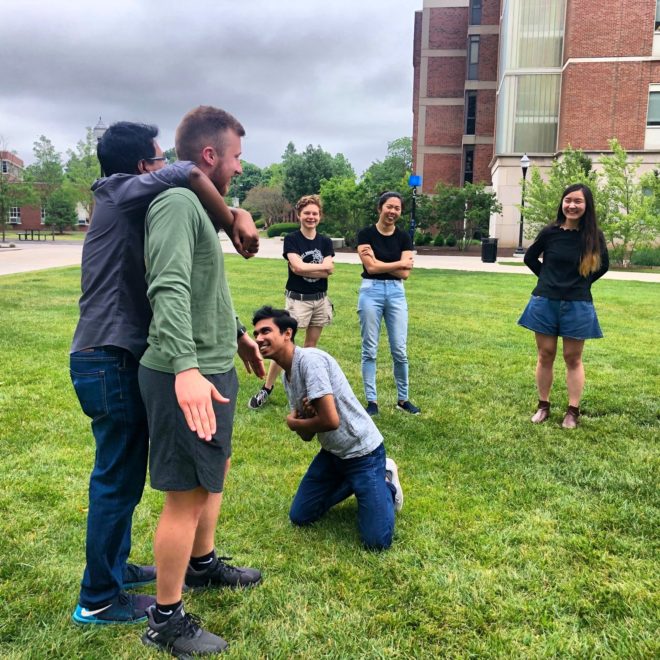
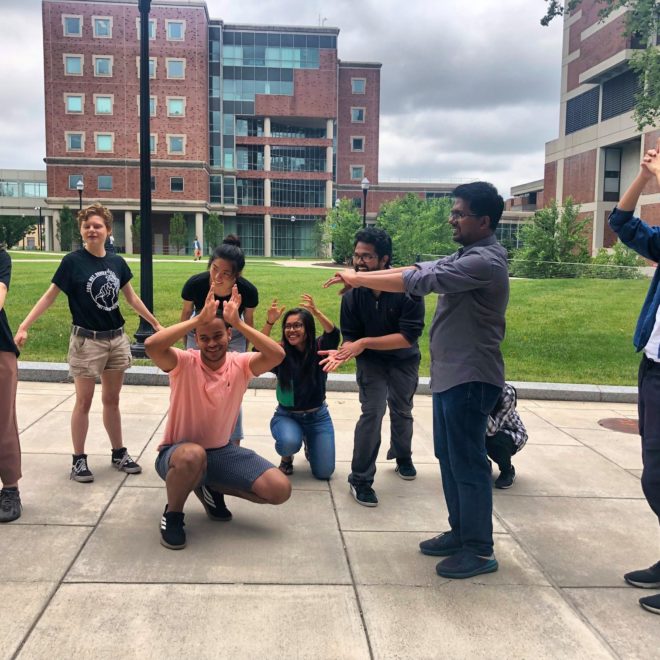
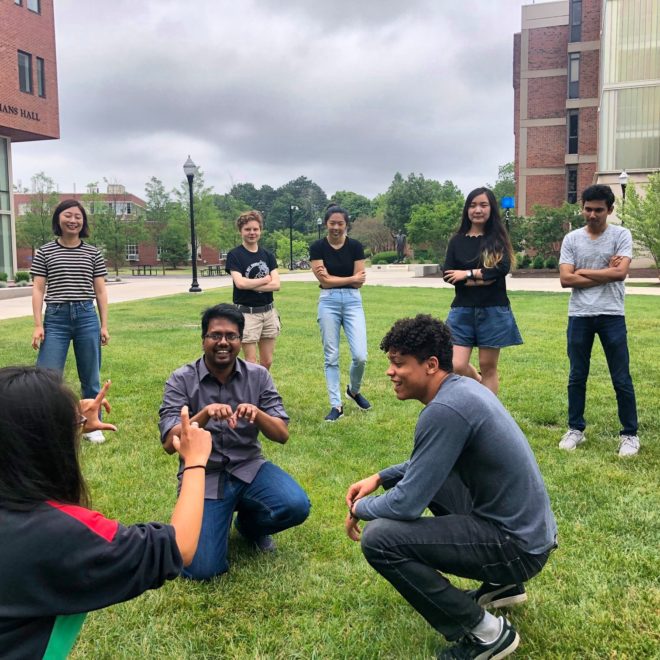
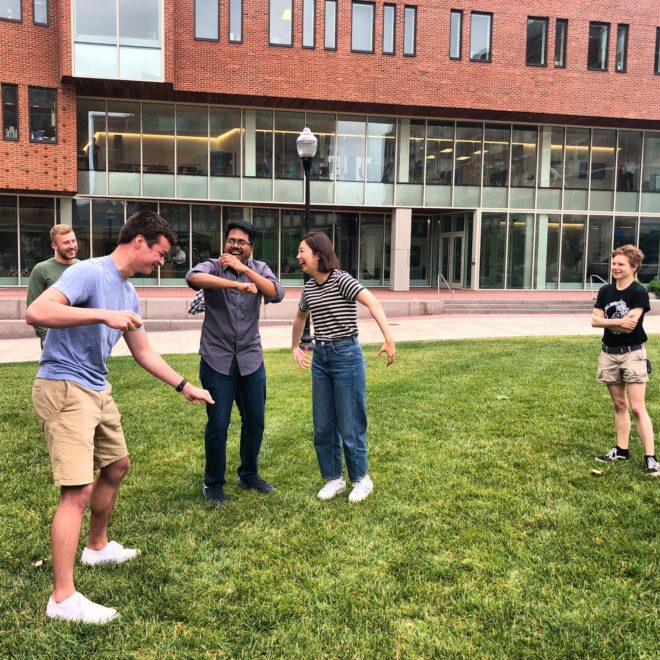
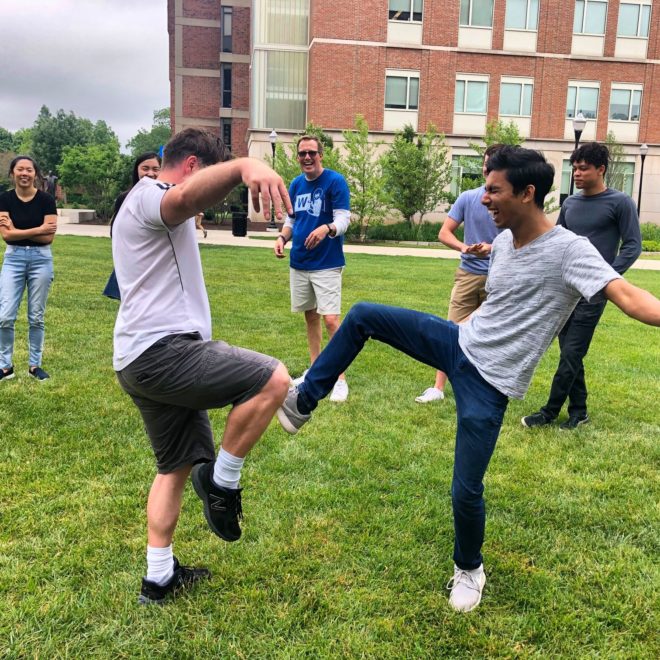
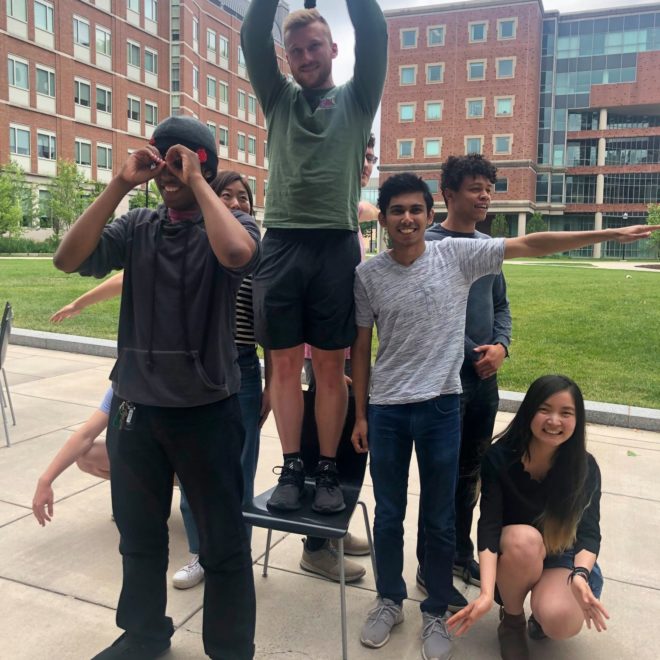
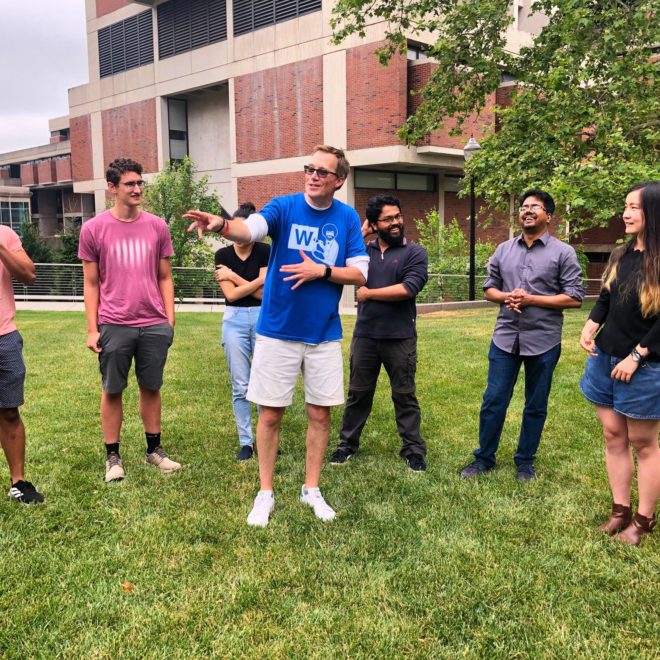
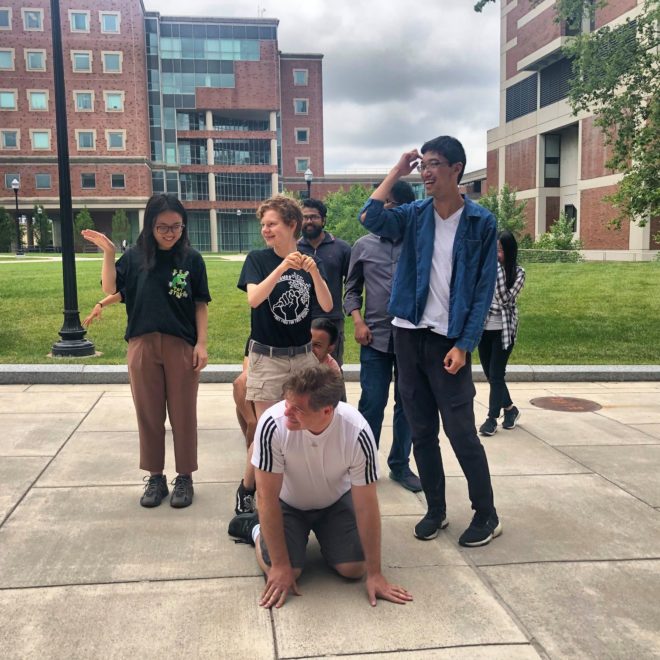
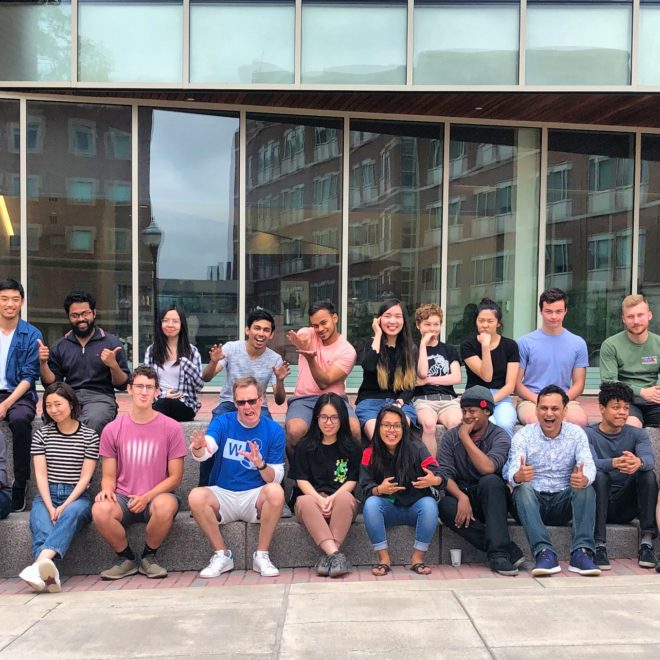
As part of a team-building exercise, we performed a two-hour improv session conducted by The Focus Theater. It was a lot of fun to get out of our comfort zone, try fun exercises, and share a lot of laughter.
Dr. Tanveer is off to Comcast AI Lab to refine the way to engage with our multimedia content.
For contributions to artificial intelligence and computational social science, including fundamental results on the complexity of inference, planning, and media analytics for public health.
Ehsan Hoque receives a $1 million Early Career Award for Scientists and Engineers (ECASE-ARMY) from the Army Research Office (ARO).
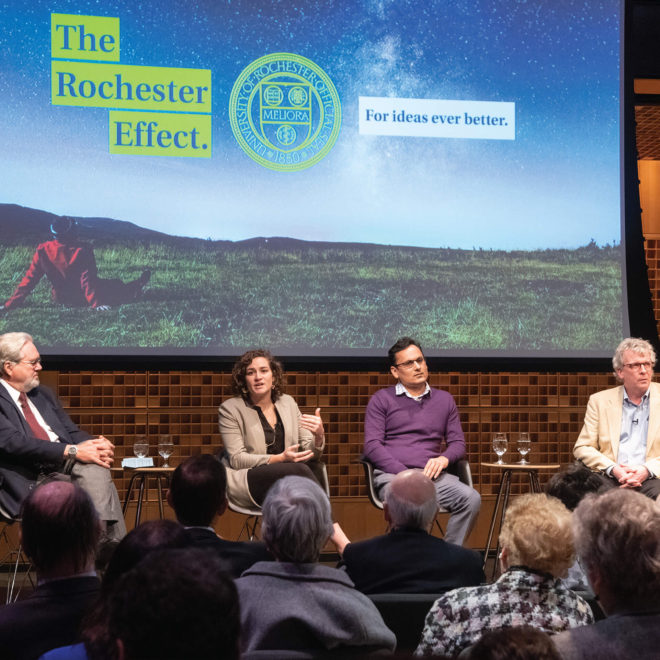
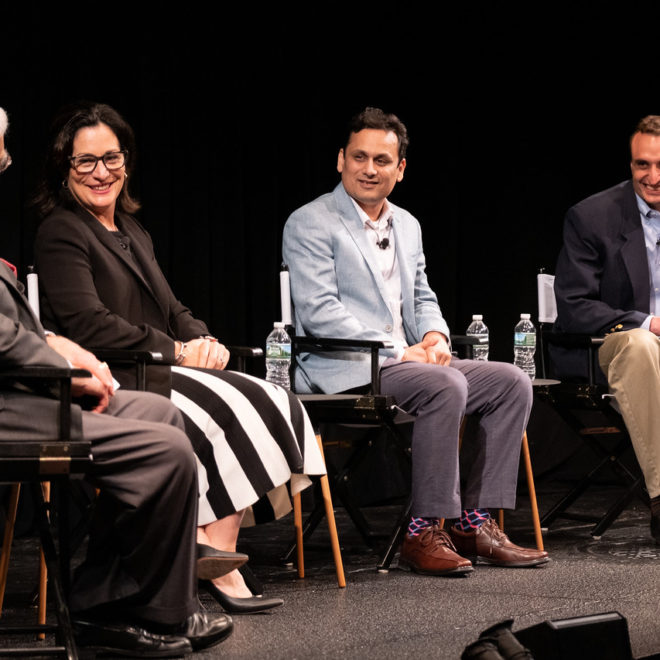
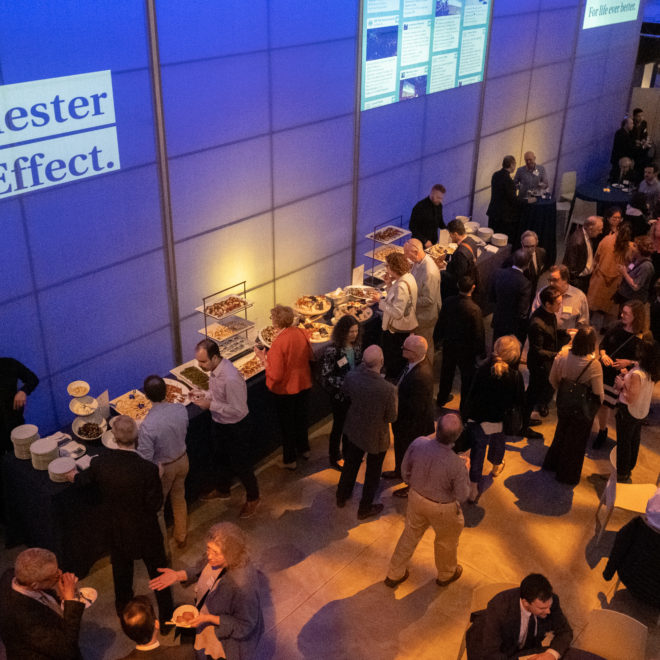
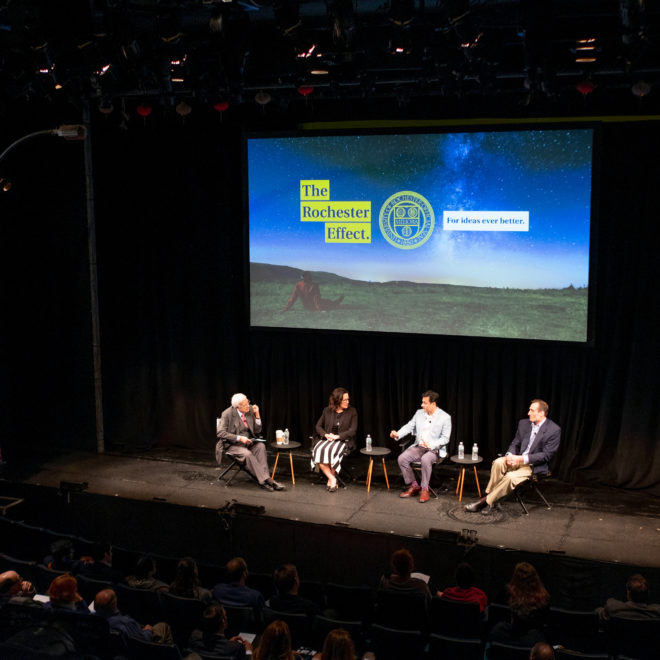
From Alexa to Uber, music to medicine, and drones to driverless cars, technology plays a huge part of our daily lives. Rochester researchers are tapping into the potential—and ethics—of it all and how virtual reality, artificial intelligence, data science, and more can transform everything from education to health care to entertainment.
Jesse Wang, an MD/PhD (Translational Biomedical Science) student advised by URCS Professor Henry Kautz, earned a spot as one of four finalists in the American College of Physicians’ Innovation Challenge based on his proposal to create a virtual assistant to facilitate patient-physician communication by automating eRecord maintenance using speech recognition and NLP.